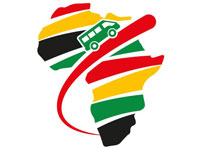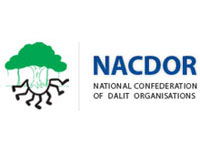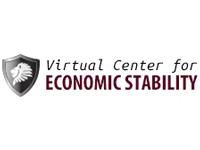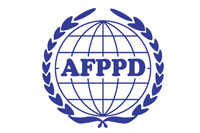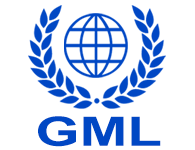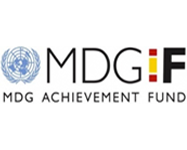A successful second day of the CSO pre-consultative forum culminated in the presentation of five key statements to Her Excellency Ellen Johnson Sirleaf who attended the meeting at 4pm GMT. Five vulnerable group representatives addressed the outcomes of the CSO forum and a CSO Communiqué will be published and widely circulated tomorrow 30 jan, for the global civil society to use this advocacy tool as theirs and take action towards individual members of the high level panel in their respective countries or regions.
Each vulnerable group task force – children, youth, ageing and disability, women and gender, farmers, workers and informal sector – worked very hard to come to a consensus on what should be the one thing HLP members must remember for the framework to be truly inclusive and working towards sustainable human development and human rights.
President Ellen Johnson Sirleaf acknowledged the tremendous work done by civil society in Liberia, Africa and globally and was delighted to see the diversity and number of CSO representatives attending this important meeting. She thanked civil society for “the robust consultations and key recommendations she will bring to the HLP members”.
Watch President Sirleaf’s response to civil society here:
Vision statements for groups
1. Children
The HLP needs to consider developing a framework that addresses structural child poverty in various contexts and enables good governance and accountability around child rights and protection. In order for children to participate in the economic transformation the new framework must prioritize initiatives that promote quality education, health care, reproductive health, information, adequate nutrition, appropriate services for children living with disabilities and must ensure that national governments provide budgetary allocations and are held accountable for the protection of children from all forms of violation and exploitation.
2. Women
The achievement of gender equality, the protection of women’s human rights including sexual and reproductive rights and support for women’s empowerment are critical to the success of the entire post 2015 development agenda. Madam President, our key ask is for a reinforced standalone gender goal and expanded gender targets and indicators across the entire framework. Failure to do so would reverse the gains of the last 20 years.
3. Farmers, workers, traders, the informal sector (joint statement)
Inclusive and sustainable growth, underpinned by a rights-based approach, which must include citizenship participation and empowerment through education, training and skills development, increased decent employment for all and universal social protection.
Urgent need for policy frameworks that support small/traditional/communal farming in order to ensure access to traditionally accelerate and affordable food for all ensuring their access to input into production, income, land, infrastructure services and to markets while respecting the rights of farmers to decide what to produce and for whom.
4. Youths
An unemployed youth population significantly increases the danger of major structural unemployment for many years to come. This is a massive inefficiency to both them and to global society in terms of costs to government and lost potential wages. As well as the economic concerns a large dispossessed population such as this is also a trigger for rising crime and social disorder, which includes disparity of access between young women and adolescent girls towards the productive resources and enabler factors.
We agree that a comprehensive international youth policies must rest upon four pillars:
- The provision of more and better education, including formal education, informal education and vocational trainings;
- Active and dignified insertion of youth in the workplace ensuring them a good wage and jobs as part of a career path, as well as liberty, gender equality, and security;
- The provision of career centers, knowledge exchanging facilities among youth nationally and internationally by the establishment of youth workers union.
- Social dialogue to facilitate a successful matching of labor demand and supply, to ensure successful programming and to foster youth hiring.
5. Aged and disabled people
The post-2015 framework must enable focus on the poorest and most marginalised groups, such as persons with disabilities and the aged. The new framework should include full and equal participation of people with disabilities and the aged in all stages of the process including decision making, focus as cross-cutting theme across all the goals, ensuring required targets and indicators are measured through the collection of disaggregated data. It is also important that the post-2015 framework should redress the effects of discrimination and exclusion, and address economic and social transformation as well as access.

